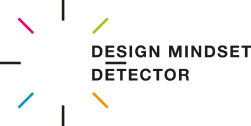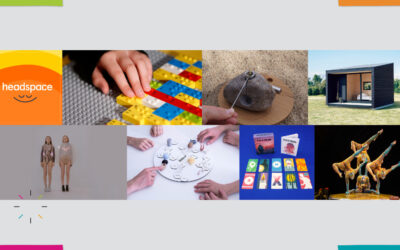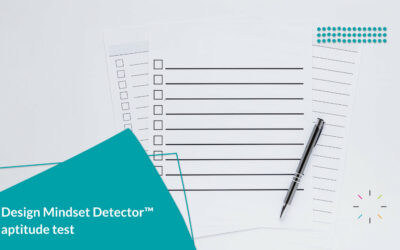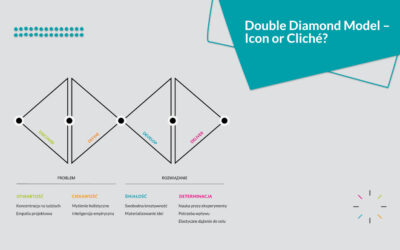Personal development is a journey. A journey that is not always easy but always worth undertaking. It is a process that allows us to discover our true selves, master our weaknesses, and develop our strengths. However, the hardest step on this path is often the first one. How to start? Where to direct our efforts? What to do to make our development as effective and satisfying as possible?
Quick Links
- Personal Development: Concept and Importance
- Starting the Path of Personal Development
- Tools and Strategies for Personal Development
- Planning Further Steps on the Path of Personal Development
Personal Development: Concept and Importance
Personal development is an idea that has gained popularity in recent decades. More and more people realize how important it is to take care of their needs, develop skills, and strive for better self-awareness. Personal development, however, is an ambiguous term that varies depending on the context and the person interpreting it. So what is personal development, and what does it mean for our lives?
Definition of Personal Development
Personal development is a process that refers to the entirety of actions and practices that people undertake to improve their self-awareness, abilities, and potential. It is a conscious path to self-improvement, encompassing both professional and personal spheres, health, skills, relationships, values, and goals. Personal development involves many activities – from learning new skills, working on attitudes, to changing habits and lifestyle. All of this contributes to a continuous process aimed at improving the quality of our lives and achieving a satisfying sense of fulfillment.
How Does Personal Development Affect Different Aspects of Life?
Personal development has a profound impact on our lives in many different aspects. First, it helps us better understand ourselves – our strengths, weaknesses, passions, values, goals, and dreams. Second, personal development helps us develop skills necessary to achieve our goals. Third, personal development affects our relationships with others. By working on ourselves, we become better partners, parents, friends, and colleagues. Fourth, affects our health and well-being. By working on ourselves, we learn to manage stress better, take care of our body and mind, and lead a healthier lifestyle.
Starting the Path of Personal Development
Deciding to follow the path of personal development is usually the result of deep reflection and self-assessment. It typically starts with understanding that there is an aspect of our lives we want to improve, whether by acquiring new skills, changing habits, developing interpersonal abilities, or working on happiness and fulfillment. The first step on this path is understanding and accepting that we are responsible for our lives and that it depends on us whether we achieve what we desire.
Making changes in life can be difficult, but fortunately, there are many tools and resources to help us in this process. This may include various self-improvement techniques, seeking help from professionals such as personal development coaches, and using psychometric tests, which help us better understand our unique personality traits and abilities. Regardless of the tools we choose, the key to success is commitment and a willingness to continually learn and grow.
The Design Mindset Detector test provides an opportunity to understand predispositions for working with design thinking methods. It is a good start for those looking to invest in their personal development or begin a career in design.
Want to know your predispositions? Order the test.
Tools and Strategies for Personal Development
Adopting the right strategies and using specific tools are key factors affecting the effectiveness of the personal development process. Self-awareness, acquiring new skills, planning, and taking care of mental health – these aspects form a comprehensive whole, enabling the achievement of intended goals.
Self-Reflection as a Tool for Development
Self-reflection, as an integral part of personal development, allows for a deep understanding of oneself, reactions, emotions, and behaviors. By analyzing experiences, individual successes, and failures, one can identify areas for improvement as well as strengths. Self-reflection leads to self-knowledge development, which is essential for fully utilizing potential.
The Role of Mentors and Coaches in Personal Development
In the personal development process, third parties such as mentors or coaches, who can effectively support the process with their experience, knowledge, and skills, are invaluable. They can provide constructive feedback, teach valuable strategies for coping with challenges, and offer motivation for further development.
Check out: Mentoring – What is it? What are mentoring sessions?
The Importance of Planning and Organization in Personal Development
Planning and organization are inseparable elements of effective personal development. Setting goals, defining strategies, and planning individual stages lead to systematic actions, which allows for measurable effects. This strategy enables effective management of personal development and achieving intended goals.
Practical Application of Relaxation and Meditation Techniques
In the context of personal development, the importance of mental health cannot be overlooked. Relaxation and meditation techniques are valuable tools that support stress management, increase concentration, and positively affect overall well-being. Through daily practice, one can achieve better mental balance, which is essential for effective personal development.
Planning Further Steps on the Path of Personal Development
After identifying personal predispositions and determining areas that require development, it is time to plan further steps. It is crucial that they are realistic and tailored to our capabilities and life goals.
It is worth focusing on specific actions that will bring the most value in the context of our development. Setting priorities, creating a schedule, and defining success metrics will allow for a systematic approach and progress tracking. It is





